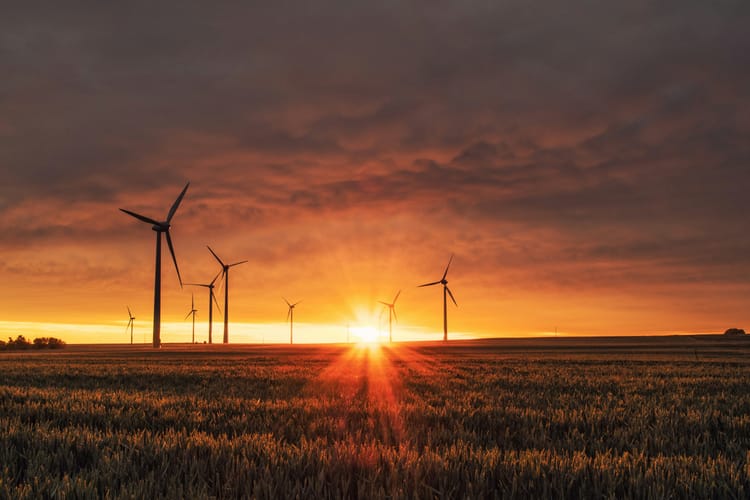‘All systems flashing red’ as no sector is on track to meet climate goals
“A decade of delay has dangerously narrowed the path to 1.5°C."

None of the 45 indicators used by the State of Climate Action report to measure progress towards climate goals are on track, meaning the gap to limit the global temperature rise to 1.5°C is widening, despite some positive signals.
In the first assessment of climate progress since 2023, the State of Climate Action (SoCA) report warns that the pace and scale of advancements are “alarmingly inadequate”. Out of 45 indicators, six are off track but moving in the right direction, 29 are well off track, moving in the right direction but far too slowly, 5 are headed in the wrong direction entirely, and 5 lack sufficient data to even assess progress.







